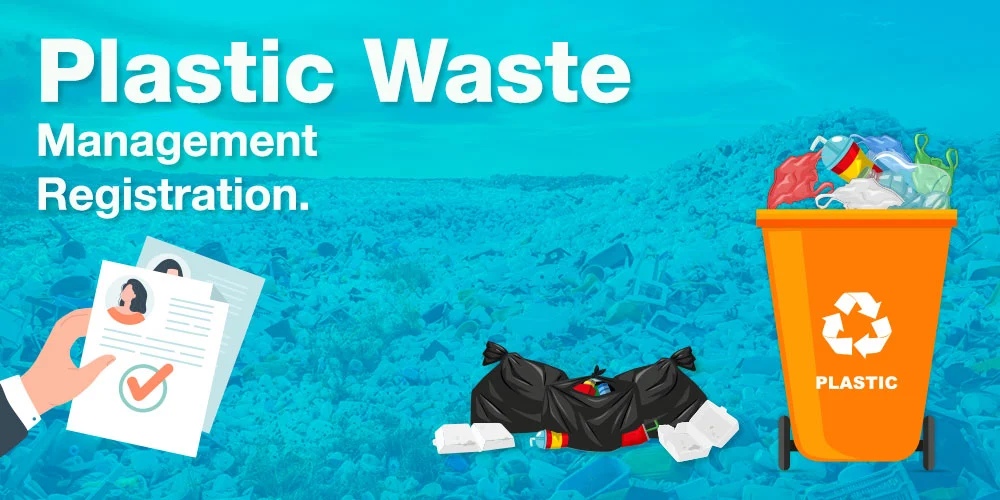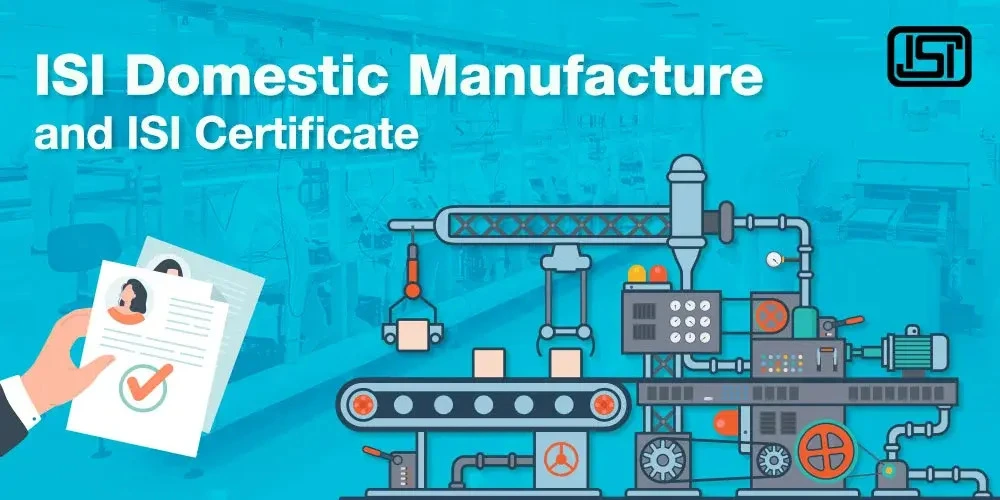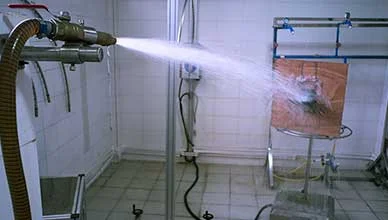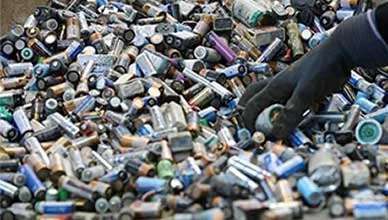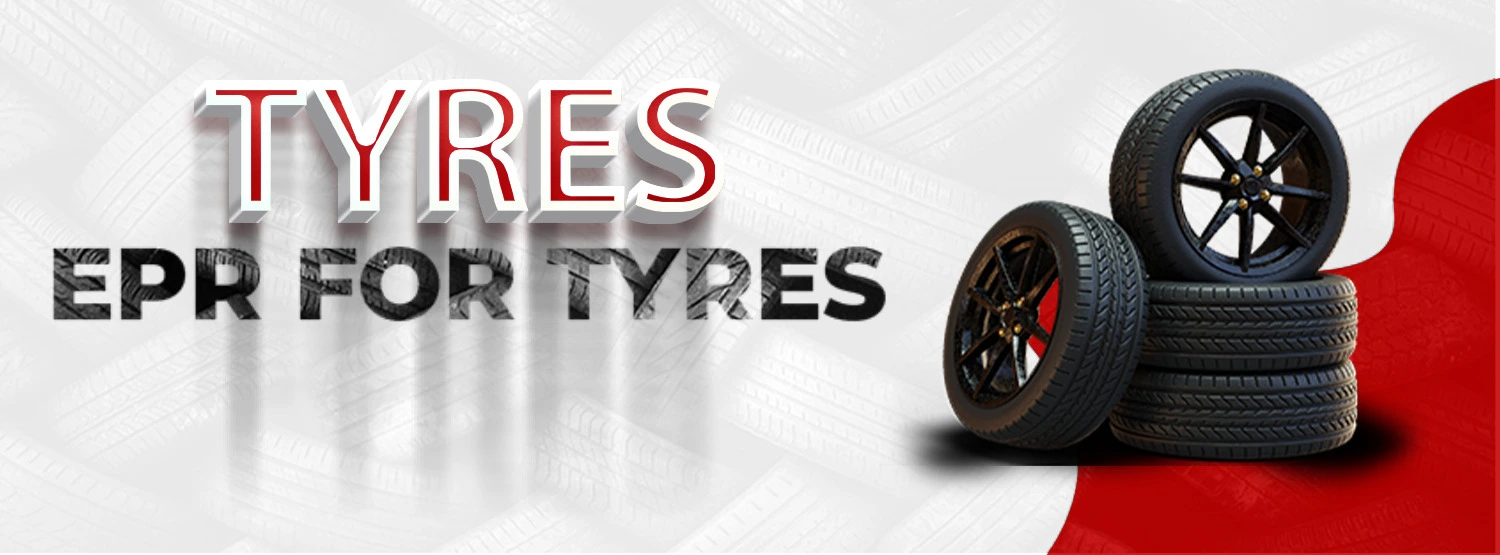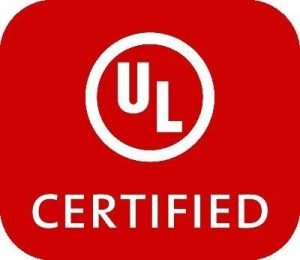EPR REGISTRATION FOR PLASTIC WASTE AND PlASTIC PACKAGING
EPR (Extended Producer Responsibility), or EPR Registration for plastic packaging pak, is a simple concept that asks companies to be responsible for what happens to their products, even when we're done using them. Instead of just making and selling things, companies also need to think about how those things are handled when we're done with them.
EPR Registration Plastic Waste Management means that companies must make plans for recycling or safely getting rid of their products once we don't need them anymore. This helps prevent pollution and keeps our environment clean and safe. EPR is a way for everyone, including businesses, to do their part in keeping our planet healthy by reducing waste and taking care of products even after we're done with them.
If you're a producer, importer, or brand owner who uses plastic packaging in your business in India, these EPR rules apply to you, no matter how big or small your business is. You have to make sure the plastic packaging is managed the right way. Violation of Plastic Waste Management Rules can lead companies to penalties. Now Let’s understand Extended Producer Responsibility
Responsibilities of PIBOs (Producers, Importers, Brand Owners)
1. Register at the EPR Portal: They need to sign up on the special EPR website.
2. Submit their Action Plan: PIBOs must create and share a plan of what they'll do to handle plastic waste properly.
3. Meet Obligations for:
- Recycling: They should make sure plastic is recycled.
- Use of Recycled Content: Use materials made from recycled plastics.
- Reuse: Think about how to use things again instead of throwing them away.
- End of Life Disposal: Decide how to safely get rid of plastics when they're no longer needed.
- Optional Engagement in Collection and Recovery: They can choose to help collect and recover plastics.
- Submit Annual Returns: Share information every year about what they've done with plastic waste.
- Provide Proof of Certificates (Plastic Credits): Show certificates as evidence that they've managed plastic waste the right way.
Extended Producer Responsibility (EPR) rules apply to different types of plastic packaging. These are the categories:
Category I: Rigid Plastic Packaging:- This category includes plastic packaging that is unyielding. These are typically packages that do not bend easily, such as plastic bottles, containers, and boxes.
Category II: Flexible Plastic Packaging:- This category encompasses plastic packaging that is flexible and can be bent or folded. It includes single-layer and multi-layer packaging, meaning it may have more than one layer of plastic, often with different types of plastic in each layer. Examples include plastic bags, wrappers, and some pouches.
Category III: Multi-layered Plastic Packaging:- In this category, the packaging consists of at least one layer of plastic and at least one layer of material other than plastic. These are complex packaging materials that combine plastic with non-plastic materials for various purposes.
Category IV: Plastic Sheets and Compostable Plastic Carry Bags:- This category includes plastic sheets used for packaging, as well as carry bags made from compostable plastics. Compostable plastics are designed to break down into natural substances in a compost environment, making them more environmentally friendly.
Plastic Waste Management Authorization has several advantages:
1. Ecological Preservation: EPR acts as a guardian for our environment. It compels manufacturers to oversee the complete lifecycle of their products, with a strong focus on recycling & do EPR for plastic waste management. This superhero-like responsibility minimizes the overall environmental impact of products and their packaging. It's akin to embracing our planet in a protective hug.
2. Improved Garbage Management: EPR registration empowers businesses to make informed choices regarding waste collection, management, recycling, and disposal. It's like elevating your waste management strategy to an expert level, making the entire process more efficient and effective.
3. Enhanced Credibility: Securing an EPR license is equivalent to earning a gold star in the business realm. It serves as evidence of a company's commitment to waste reduction and resource-efficient practices. Industry leaders closely monitor these regulations, as it not only boosts their reputation but also elevates their status within the sector. It's a mutually beneficial scenario for the company and the planet
EPR Registration for Plastic Packaging
On February 16, 2022, the Indian government made some new rules about handling plastic waste for EPR. According to that companies that make, import, own brands, or deal with plastic waste have to take care of it properly. These companies, like Producers, Importers, Brand Owners, and Plastic Waste Processors (PIBOs), need to sign up on a special website or EPR portal called www.cpcbeprplastic.in. This website helps them follow the rules for dealing with plastic waste.
If a PIBO works in just one or two states or Union Territories (UTs), they have to sign up with the Pollution Control Boards of those places. But if they work in more than two states or UTs, they need to sign up with the CPCB. These PIBOs need to make sure that plastic waste is taken care of the right way, usually by special places called Plastic Waste Processors (PWPs).
They also need to make a plan to meet certain goals mentioned in the EPR Registration Rules. To show they are meeting these goals, PIBOs get certificates from PWPs based on how much plastic waste they deal with. If a PIBO doesn't follow these rules they might have to pay a fine called "environmental compensation," and they could get into trouble in other ways too.
Official Government Notification for Plastic Waste Management Registration
Banned Single-Use Plastic Items in India
Starting from July 1, 2022, there's a new rule called the EPR Registration for Plastic Waste Management (Amendment) Rules, 2021.
This rule makes it against the law to make, bring into the country, keep in stock, sell, share, or use certain types of plastic products that are meant to be used only one time. These are called Single-Use Plastic (SUP) items. Here's a list of the things that will not be allowed from that date:
- Ear buds with plastic sticks
- Plastic sticks for balloons
- Plastic flags
- Candy sticks
- Ice cream sticks
- Polystyrene (Thermocol) for Decoration
- Plates
- Cups
- Glasses
- Forks
- Spoons
- Knives
- Straws
- Trays
- Wrapping/packing films around sweet boxes
- Invitation cards
- Cigarette packets
- Plastic/PVC banners less than 100 microns
- Stirrers
Process of EPR Registration for PIBOS/PWPS
The person in charge or an authorized official from the Pollution Control Boards must register on the website to receive applications from Plastic Waste Processors (PWP).They make sure that the applications for EPR Registration Plastic Waste process correctly, and here's how they do it:
1. Prepare Documents: Before applying, make sure you have all the required documents in digital formats like PDF, JPG, or PNG.
2. Register Online: Start by registering yourself on the central portal to get login details. Then, you can proceed with the application.
3. Fill in the Application: After registering, you'll receive login credentials. Use these to fill out the application form. There are separate forms for Producers, Brand Owners, and Importers. You'll need to provide all the necessary information and upload the required documents for EPR Registration.
4. Pay the Application Fee: Along with your application, you must pay the application fee. You can make this payment online using the portal's integrated payment gateway.
5. Application Processing: If your business operates in just one or two states, your online application will be sent to the relevant State Pollution Control Boards for further processing. The Central Pollution Control Board (CPCB) will handle the rest of the applications.
6. Get EPR Registration: The authorities will review your application within 15 days. If they find any false information or documents, your application will be rejected. But if everything is in order, you'll receive your EPR registration certificate online, complete with a digital signature integrated into the portal.
Once you've registered yourself, you'll receive login details for the website www.cpcbeprplastic.in. Before you fill out the application form, make sure you have the following documents ready in PDF, JPG, or PNG formats.
Documents Required For EPR Registration of PIBOS/ PWPS
· PAN, GST, CIN, IEC ( for importer) of the Company
· Aadhar / PAN of Authorized person
· DIC Registration (if unit registered with DIC)
· Process flow diagram (for producers only)
· Consents issued by SPCB/ PCC (if unit has a production facility)
· Scanned copy of signatures of authorized persons.
· Covering letter
· Document regarding any other information which the unit wishes to provide.
How much application fees / annual processing/ renewal fees are to be paid for EPR Registration of PIBOs/ PWPs?
EPR Registration Type
A) When you apply for registration, you need to pay a fee based on how much plastic waste you generate each year. Here's how it works:
Plastic waste Generation (TPA)
Application Fee (Rs.)
<1000
10,000
1000-10000
20,000
>10000
50,000
When it's time to renew your registration, you'll pay the same fee as the initial registration fee. Every year when you file your annual returns, you'll need to pay 25% of the application fee as an annual processing fee.
The fees you pay will be divided between the Central Pollution Control Board (CPCB) and the State Pollution Control Board (SPCB) or Pollution Control Committee (PCC).
If you registered with the CPCB, they get 80% of the fee, and the SPCB/PCC gets 20%. If you registered with the SPCB/PCC, it's the other way around.
You can make these payments online through the portal's integrated payment gateway.
B) Application fees for EPR Registration of PWPs
Production capacity slab (TPA)
Proposed processing fees (Rs.)
<200
5000
200-2000
20,000
>2000
50,000
Validity, Renewal & Cancellation of EPR Registration
A new registration shall be valid for one year, and a renewed registration shall be valid for three years. PIBO shall submit the renewal application, along with the required documents, four months before the expiry of the Registration. EPR Plastic waste registration granted to PIBOs may be cancelled or suspended at any time if the document submitted by the PIBO is found to be false.
CONCLUSION
Extended Producer Responsibility for plastic packaging has become the cornerstone of responsible plastic packaging management. In India, where the issue of plastic waste is paramount, EPR Registration for Plastic Packaging is instrumental in addressing this environmental challenge. Manufacturers, importers, and brand owners, whether big or small, are now held accountable for their plastic products. This process, regulated by authorities like CPCB (Central Pollution Control Board), ensures that plastic waste is effectively managed and responsibly disposed of. EPR rules categorize plastic packaging into various types, and adherence to these rules is crucial for sustainable waste management. These measures not only promote effective waste management but also protect against the violation of Plastic Waste Management Rules, ensuring a cleaner and healthier environment for all.
Businesses can access EPR Registration consultant in Delhi to streamline the process. You can reach us via email at contact@evtlindia.com or by calling us at 9560935898.
We are committed to meeting your expectations by delivering prompt and effective EPR Registration services for plastic waste management. Our team of experts will provide guidance throughout each phase of the process to ensure you obtain your EPR Registration certificate in a timely manner.
- Home
- About Us
-
Services
- BIS ISI Mark Certification
- BIS-CRS Certification
- ISI Domestic Manufacture
- EPR Plastic Waste
- EPR E-Waste
- EPR Registration
- EPR Battery Waste
- BIS FMCS Registration
- WMI Registration
- BIS ECO Mark Scheme
- BIS Certification for Footwear
- EMI-EMC Test
- RF Testing
- IP Rating Test
- TEC Approvals
- NABL Testing
- LM 79 & LM 80
- ROHS Approval
- CE Certificetion
- EPR Importance
- EPR For Tyres
- EPR For Used Oil
- TradeMark
- Copy Right
- WPC-ETA Approval
- BEE Registration
- FSSAI Registration
- Gem Registration
- BIS Certification for Toys
- Import Export License
- Custom Compliance
- LAB Setup and lab equipment
- UL Certification
- CDSCO Approvals
- Drug License
- NOC For Steel
- IMEI Registration
- ISO Certification
- Legal Metrology
- NSIC Registration
- Start-Up Registration
- Make in India Mark
- LMPC Registration
- CDSCO Registration
- Updates
- Gallery
- Clients
- Contact Us

